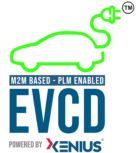What States Have to Offer for EVs-Part IV
September 29, 2021 2022-02-14 11:48What States Have to Offer for EVs-Part IV
After more than a week’s gap, we are resuming our series on EV policies of different states. We have seen how each state is offering hordes of tax incentives and other attractive benefits to encourage people to switch over to electric vehicles. In this piece, we cover three more states.
While Madhya Pradesh has set an ambitious target of achieving 25 per cent EV sales out of the total sales of vehicles in the state by 2026, the Andhra Pradesh Government aims to attract an investment of at least Rs 30,000 crore within the next five years in the EV segment. Tamil Nadu’s EV policy provides subsidies and financial incentives on both supply and demand sides. Here go the details of the EV policies of these states:
- Bhopal, Indore, Jabalpur, Gwalior and Ujjain have been selected to as model cities for EV policy implementation in Madhya Pradesh.
- The Andhra Pradesh Government aims to convert the already-existing fleet of 11,000 APSRTC buses to electric by 2029.
- The Government of Tamil Nadu provides subsidies and financial incentives on both supply and demand sides.
MADHYA PRADESH: The State Government of Madhya Pradesh approved its EV policy in the month of October 2019. The target of the policy is to achieve at least 25 per cent EV sales of the total sales of vehicles in the state by the year 2026. Bhopal, Indore, Jabalpur, Gwalior and Ujjain have been selected as model cities for EV policy implementation. Initially, the policy will be implemented in select cities. The Government also aims to convert 100 pc of the public transport buses to EVs by 2028. It has set a goal to convert all commercial and logistic fleets to electric by 2028.
ANDHRA PRADESH: The Andhra Pradesh Government aims to attract an investment of at least Rs 30,000 crore within the next five years and employ as many as 60,000 people in the EV segment. The Government also aims to convert the already-existing fleet of 11,000 APSRTC buses to electric by 2029. With this EV policy, the Government targets to reach a milestone of 1 million EVs across all segments and at least 1 lakh slow and fast chargers across the state by 2024. The Government has also allocated more than 1,000 acres of land to attract startups for EV manufacturing. It will provide incentives and financial assistance to EV-EVSE manufacturing units and suppliers up to 50 per cent of the total cost with a maximum limit of Rs 20 crore.
TAMIL NADU: The state launched its EV policy in 2019. Tamil Nadu is known as the ‘Detroit of South India’ and contributes to more than 6 per cent of the total sales of EVs in the country. The state capital, Chennai, is home to manufacturing units of brands like Hyundai, Nissan, Ford, Mahindra, TVS and Daimler. The Government provides subsidies and financial incentives on both supply and demand sides. A 100 per cent exemption on stamp duty is offered to units that obtain land by lease and for sale of products related to EVs. This scheme is valid till December 2022. The state Government has set a target to replace at least 5 per cent of the total bus fleet by electric vehicles, by the year 2030.
To be continued…



